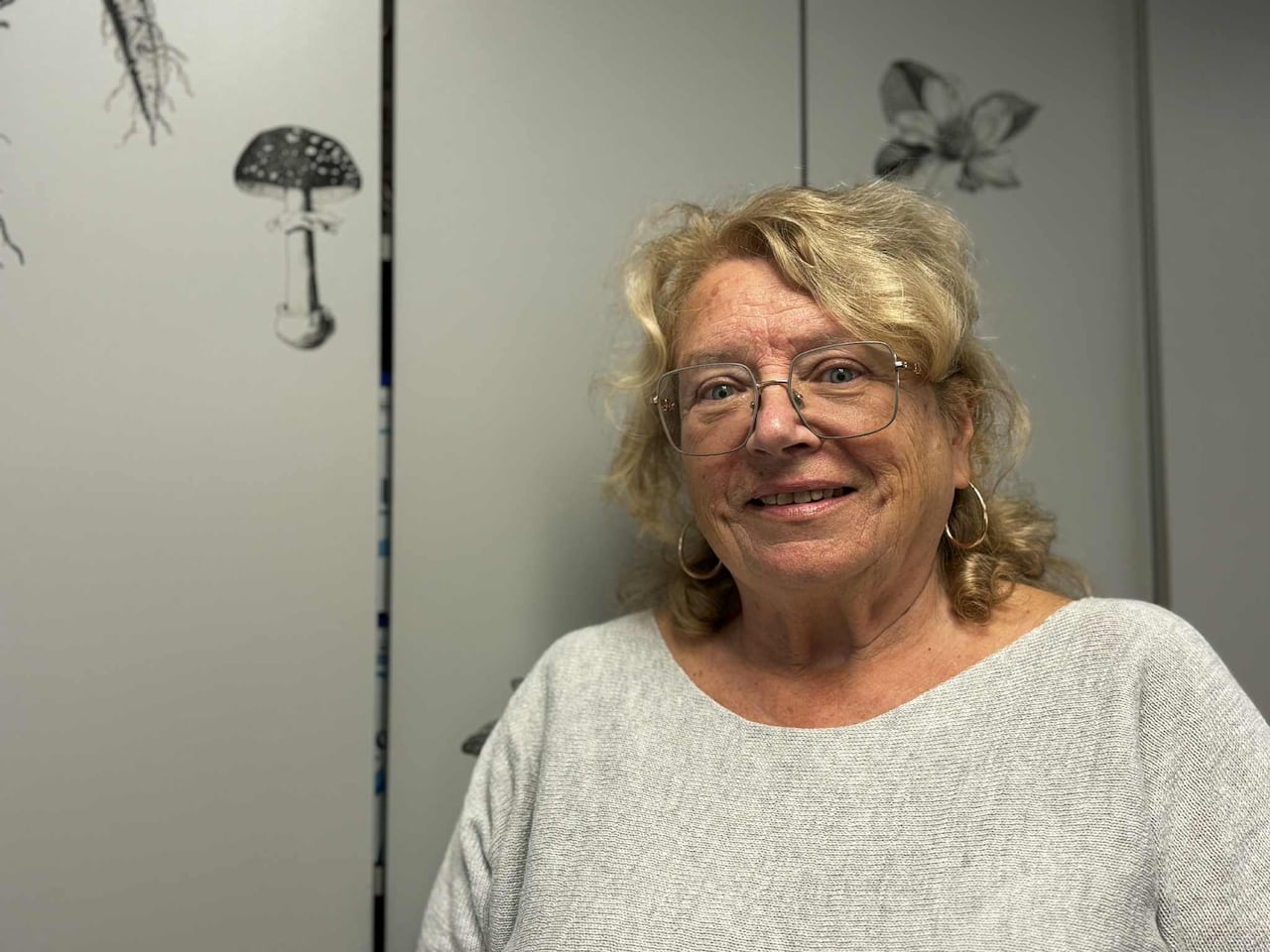Londoners left with questions after Ottawa announces automatic tax filing program

After the federal government announced their plan to roll out an automatic tax filing program for low-income Canadians, some Londoners who organize and use an east-end free tax clinic say they have questions about who the new program will help.
Prime Minister Mark Carney announced Friday that the automated tax filing program will begin during the 2026 tax year, aiming to help up to five-and-a-half million Canadians who he said are falling through the cracks.
“Millions of lower income Canadians don’t file their taxes, either because they don’t have the resources to do so or because they think their income is too low for it to matter. That means that too often, the people who most need benefits often don’t get them,” Carney told a news conference in Nepean, Ont.
However, some Londoners say the automated program may fail to address the complicated financial situations that so many low-income earners face.
“It’s definitely going to have to be for someone with no complexity,” said Diane MacMillan, who has been volunteering at tax clinics for more than 20 years. “Anything that has a challenge to it, they won’t be able to automate.”
The Canada Revenue Agency currently offers invitation-only SimpleFile services, which are simplified tax filing methods for those in lower income and straightforward tax situations.

Exact details about Carney’s new automatic filing system will be included in the federal budget to be tabled in November, but MacMillan said she imagines it will only help a select type of person.
“For an automated system, it’s someone that is on the streets that has no rent, they’re living on social assistance, no children, no medical, no donations – just straightforward,” she said.
“There will not be anything for someone who has a business – and that includes rideshare, Uber, Skip the Dishes, that sort of thing. I very much doubt newcomers would be able to use that service because there are other things that are involved in their tax return.”
Londoner Don McLeod said he has not always filed his taxes on a yearly basis because of his complicated financial situation, and is still playing catch-up through the help of a free clinic.
“What is challenging in filing taxes for people like me and maybe other individuals, is we’re making income that the government may not know about,” said McLeod, who previously made additional income by renting out his home.
“If they come out with a system that’s being suggested…they won’t have access to maybe all the revenues that individuals have. I think there’s going to be a fair number of complexities with this type of [automated] system that’s going to make it difficult.”
Ongoing misconceptions about benefits of filingMacMillan coordinates tax clinics at Crouch Neighbourhood Resource Centre, which is one of several organizations that helps Londoners file their taxes throughout March and April each year. She is also one of a few volunteers who help outstanding individuals file returns year-round, helping a total of more than 3000 people annually.
She said some reasons why people don’t do their taxes include lack of access to technology and misconceptions about filing.
“Someone might come in and all they have is social assistance, so they know that it’s not taxable income and figure they don’t need to file a tax return,” she said.

The new automated program will be an easy way to make sure some of those people get paid, she said.
Crouch Neighbourhood Resource Centre executive director Angi Woodcock said she expects the automated system to help with tax filing backlogs at certain points of the year.
“In order to collect or continue on your social benefits, you have to file annually. Often what we see through the door, particularly in July, is [people on benefits] haven’t filed yet. It’s a scramble because their payments have been held back,” Woodcock said.
“If this is automatically done, there would be no disruption in their benefits.”
However, Woodcock said there’s also a downside to automation: a lack of face-to-face advice.
“The benefits to having the volunteers who work in the clinics is they really look at the individual and their individual situation, and do their best to maximize on the best outcomes for them,” she said. “There’s also an education process in there. There’s confidence in maybe doing it themselves or just having that understanding of how the income tax system works.”
That’s the hope for McLeod, who said that he thinks the automated new program will free up resources to help people like him in a more efficient manner.
“Canadians will be happy that it’s being done for them, and the Canadian government should save time and concentrate on those who need more attention,” he said.
cbc.ca





